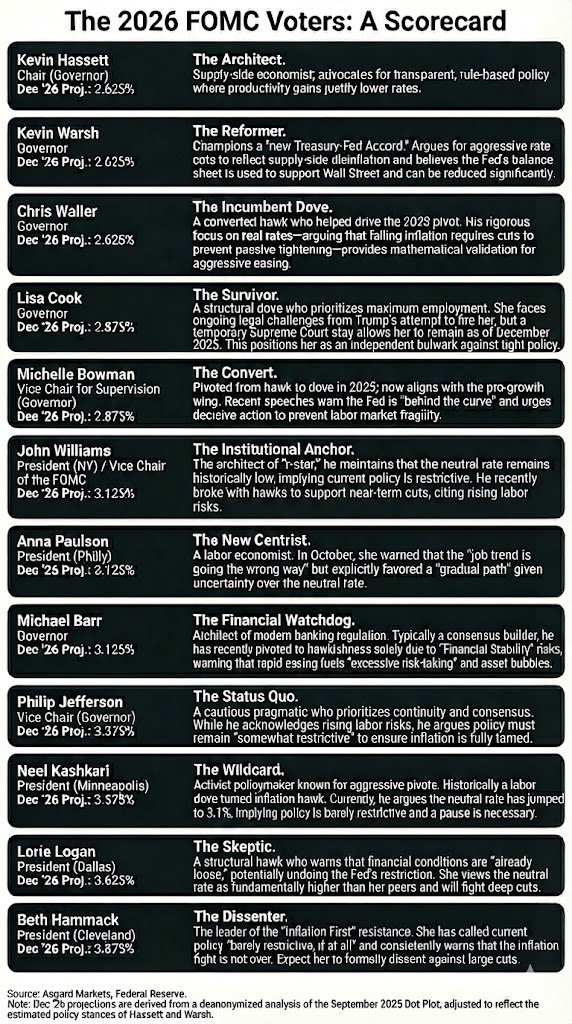President Donald Trump has opened the door with a new executive order to expand 401(k) retirement plans to include alternative investments such as cryptocurrencies, private equity, and real estate. This could channel billions of dollars into investment classes that have so far been rarely used and could significantly reshape retirement savings in the United States.
Trump directed the Department of Labor, the SEC, and the Treasury Department to review and amend existing rules under ERISA (Employee Retirement Income Security Act). The aim is to make these investment options possible in retirement plans, according to the New York Times. The change affects a 12 trillion USD segment - the market for defined contribution retirement savings.
Potential and criticism alike
Opening 401(k) plans to investment forms such as cryptocurrencies and private equity could give millions of Americans access to high-return but high-risk investments.
While higher long-term returns could be achieved - for example, private equity with historical net annual returns in the range of 13% compared to 10% for the S&P 500 - the risks also increase, particularly given the high volatility of crypto assets.
Americans have various retirement savings options such as 401(k) plans, IRAs, Roth IRAs, and pension funds. A 401(k) is an employer-sponsored retirement account that allows pre-tax contributions and often includes an employer match. The US 401(k) is similar to Switzerland’s second pillar (BVG), while IRAs are comparable to the third pillar (3a) and provide individual, tax-advantaged retirement savings.
There are already niche products from providers like Fidelity that enable crypto investments within various US retirement plans. However, these are not widely available and are generally limited to a small percentage of the portfolio. The Trump administration has already begun easing regulations for the use of cryptocurrencies in retirement accounts. In May, the Department of Labor repealed a Biden-era measure that had discouraged 401(k) plan administrators from including crypto investment options. The executive order will accelerate this development.
Long-term impact and regulatory uncertainties
Actual implementation requires extensive rule revisions - meaning it will take some time before employers can offer these new options. Plan providers such as Fidelity or Vanguard remain cautious for now, citing a lack of regulatory clarity and manageable products.
Financial associations welcome the expanded choices but emphasize the need for operational safeguards and investor education. Critics warn that integrating complex investment forms into 401(k) plans could jeopardize the stability of retirement savings and lead to additional fees as well as informational barriers.
According to several major pension plan administrators, at least three of the ten largest US providers are currently considering adding crypto investments to their product portfolios. Fidelity Investments reportedly saw an 18% increase in crypto allocations since the beginning of the year, according to internal reports. Industry observers expect this trend to gain further momentum in the coming quarters, especially if employers recognize the added benefit for retaining younger, tech-savvy employees.



